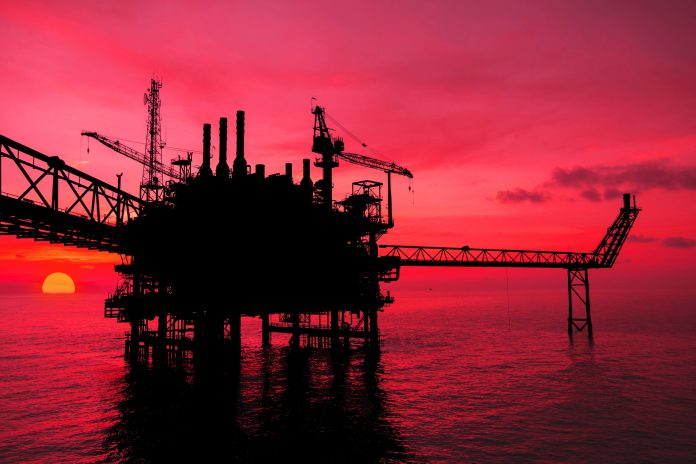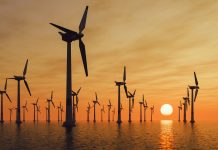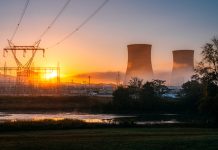EU leaders push for the implementation of a European hydrogen economy, to replace reliance on Russian energy sources
Speaking to The Central Europe Hydrogen Technology Forum, European Commission President Ursula von der Leyen emphasised the urgency of a European hydrogen economy – with specific emphasis on the fragility around current energy supplies.
Addressing the crowd in a pro-hydrogen region, she said: “Already before Russia’s barbaric attack on Ukraine we knew that we needed to move away from fossil fuels to a more sustainable economy. This transition will provide us not just with abundant and affordable clean energy, but also with energy security.”
Region wants to shift to Green Deal infrastructure, but faces some obstacles
The war in Ukraine means that continuing an economic relationship with Russia, whether paying for energy or engaging in other elements of trade, will help the country to continue their invasion.
The EU Green Deal, proposed pre-war, has a key ambition to exit bloc-wide dependence on fossil fuels – whether it comes from Russia or anywhere else. Now, EU leaders are in majority agreement that a shift from Russian fossil fuels to renewable infrastructure should be fast-tracked, via a full ban on imports. Countries like Germany are heavily reliant, with 55% of natural gas imports coming from Russia.
One key facet of the energy solution is green hydrogen. Grey and blue hydrogen run similar pollution risks to coal and gas when it comes to greenhouse gases, according to research published in Energy Science & Engineering.
While green hydrogen can be generated by renewable electricity, there are other ways to create this fuel. Scientists have looked at how dried banana peels could even be turned into a source of hydrogen.
The EU plans to generate immense amounts of hydrogen for power
Speaking to the “H2Poland” forum today (17 May), President von der Leyen said: “Green hydrogen is essential to end Europe’s dependence on an unreliable and dangerous supplier such as Russia. That is why in our new plan, REPowerEU, we have doubled our 2030 target to produce annually ten million tons of renewable hydrogen in the EU. And we shall also import another 10 million tons from abroad.
“This can replace up to 50 billion cubic metres per year of imported Russian gas.”
The NextGenerationEU plan will direct serious money into the EU Green Deal, particularly when it comes to creating enough renewable electricity to produce renewable hydrogen – with €9.3 billion of funding expected.
President von der Leyen further said: “Because green hydrogen is not just a huge commercial opportunity. Green hydrogen is good for the planet. Green hydrogen is good for energy security. And energy security is an important pillar of our European independence.”











